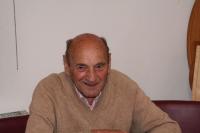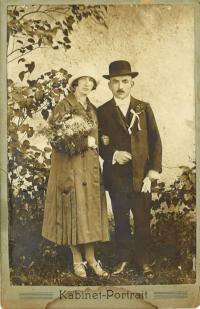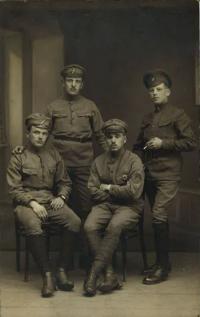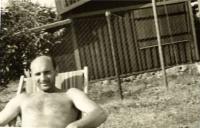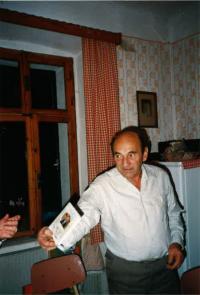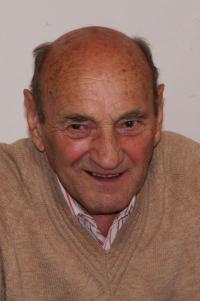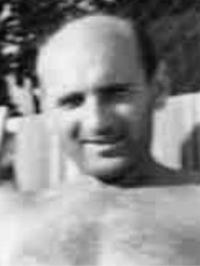When I saw Masaryk, I was so surprised that I was not even able to greet him

Stáhnout obrázek
František Lehejček was born October 28, 1927 in Počátky in the Vysočina region. His father was a legionnaire who fought in Russia and who returned to Czechoslovakia in 1922 via the United States of America. During WWII, František‘s family was probably involved in hiding a transmitter for communication with London. In 1945 they were interrogated by the Gestapo. Their uncle was arrested and he subsequently died in Terezín. František and other boys from Počátky were regularly bringing food to partisans who were hiding in the surrounding forests. In 1945 he graduated from trade academy and he moved to Prague and worked in the company Výtahy a stroje (Lifts and Machines). František was married and he had two children. He died on March 3, 2016.
